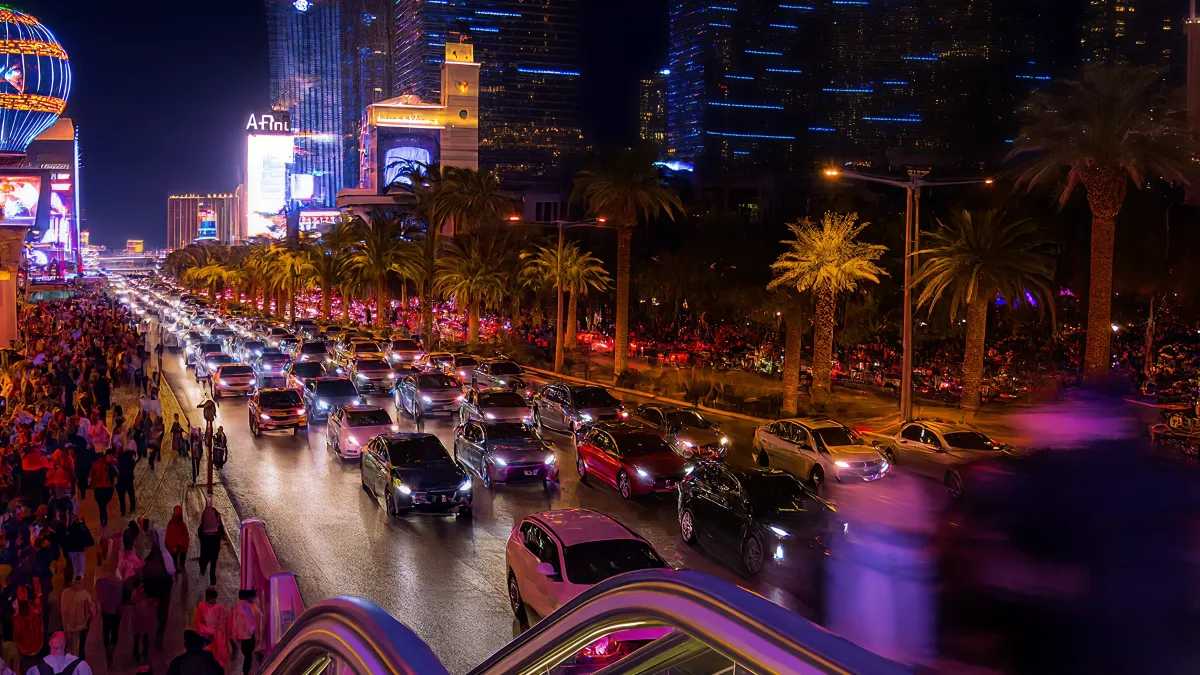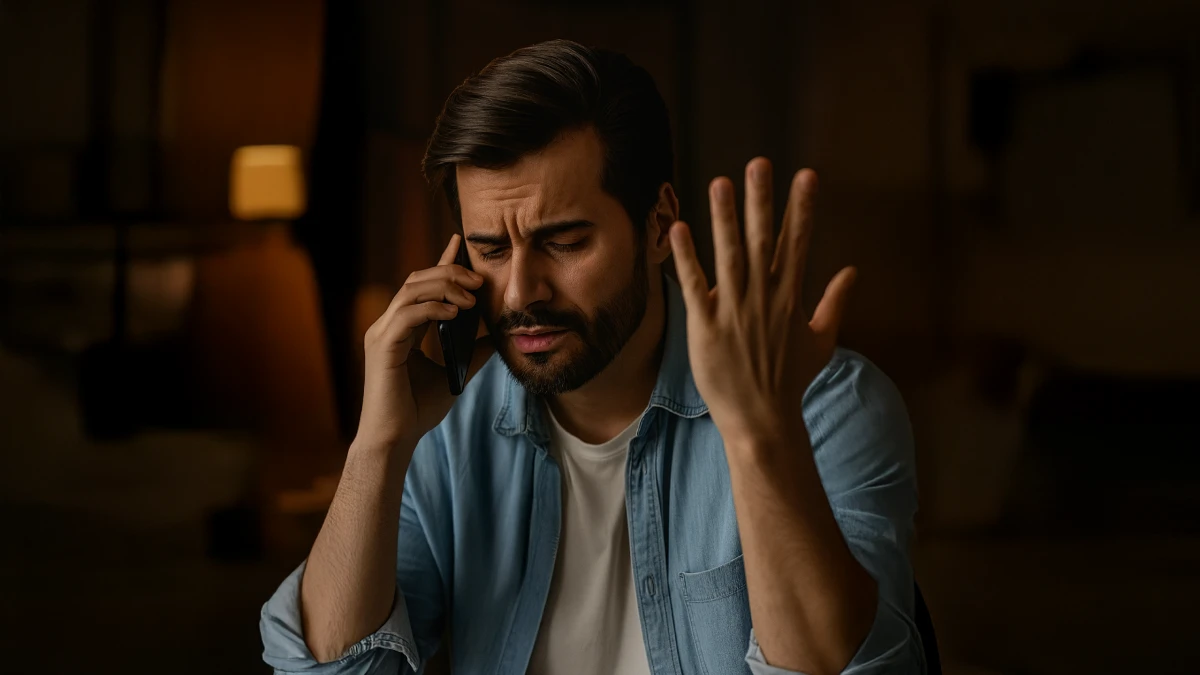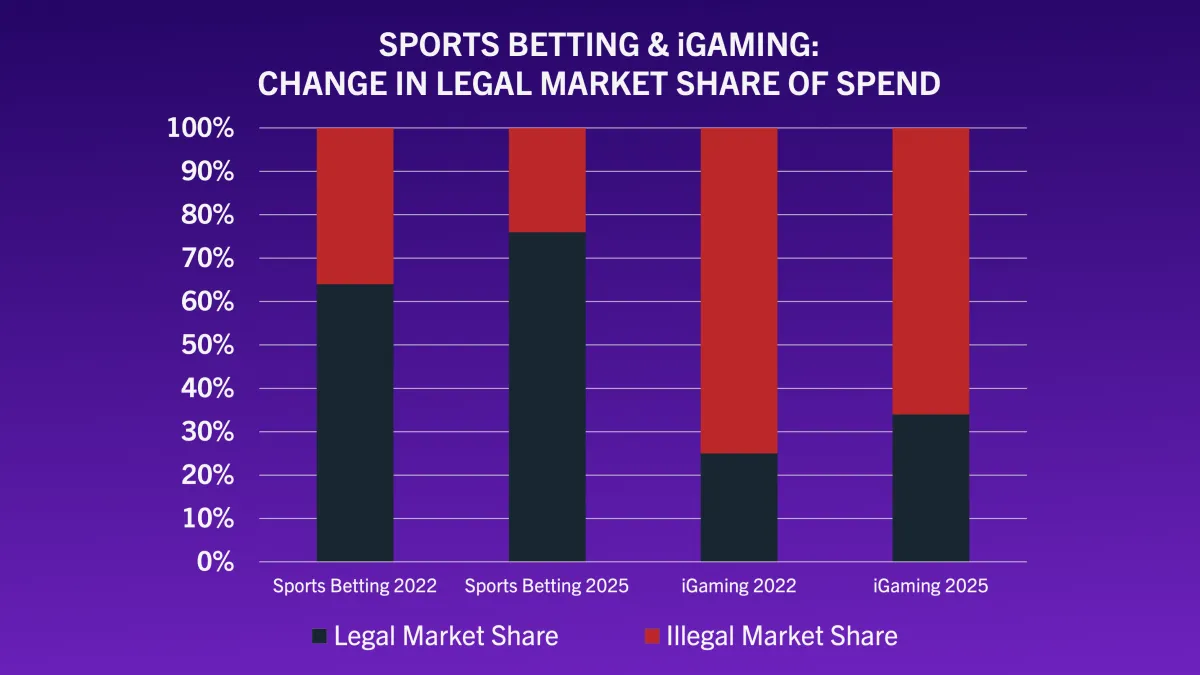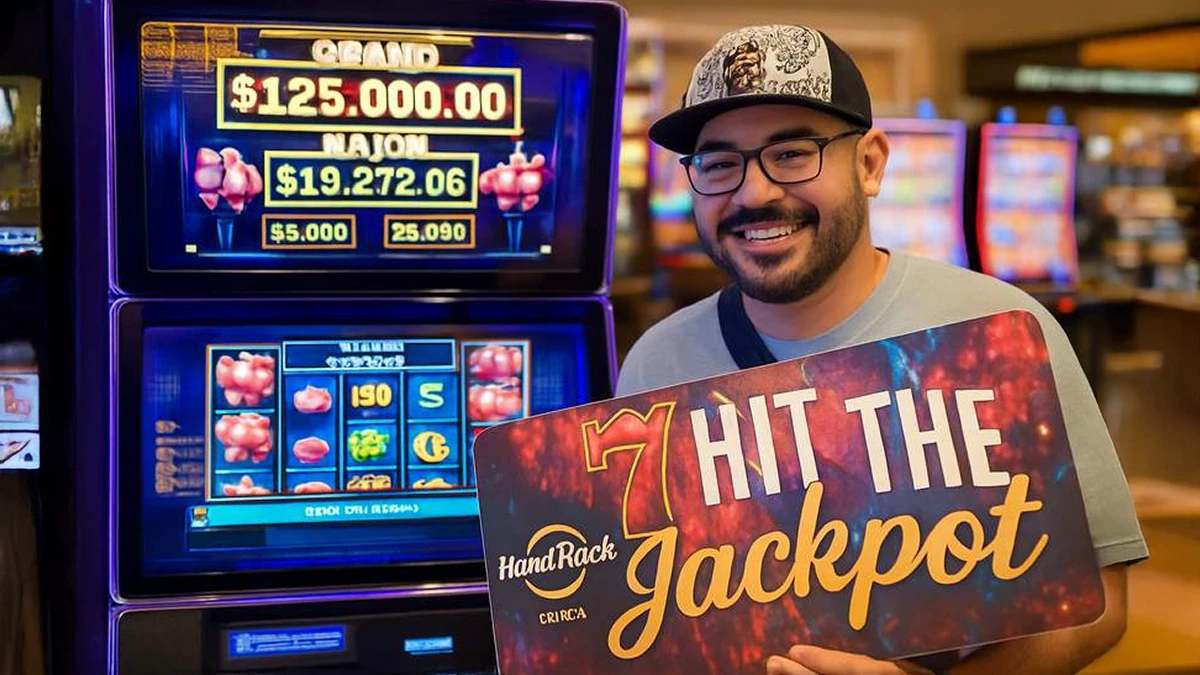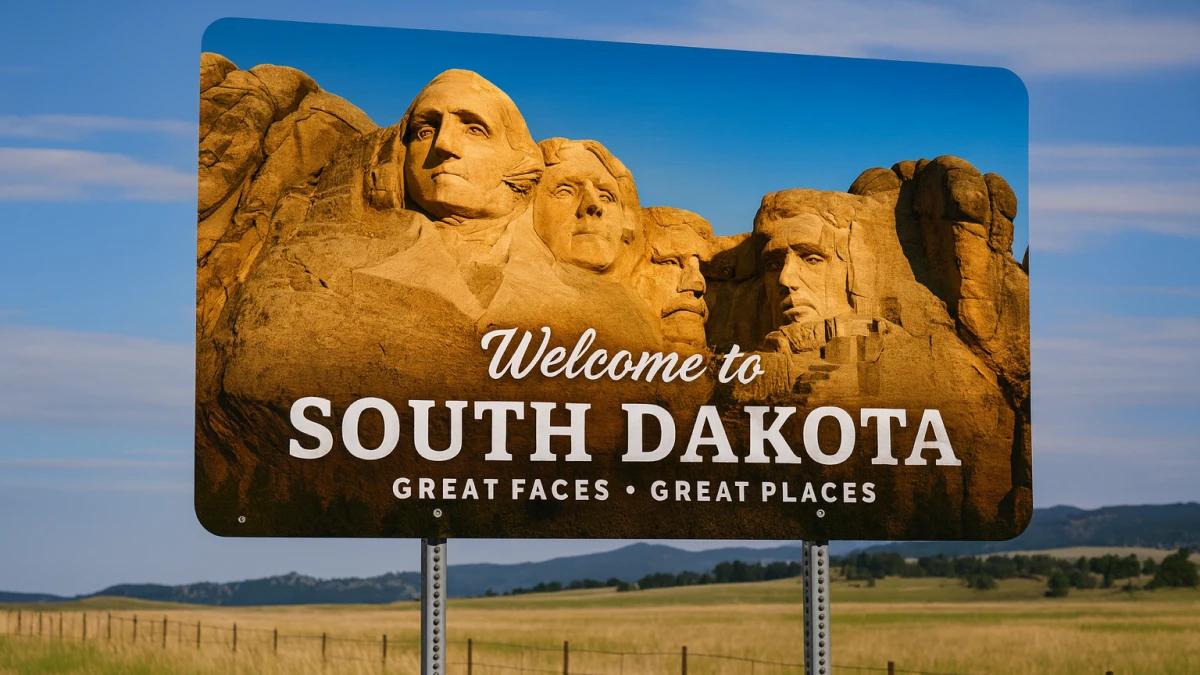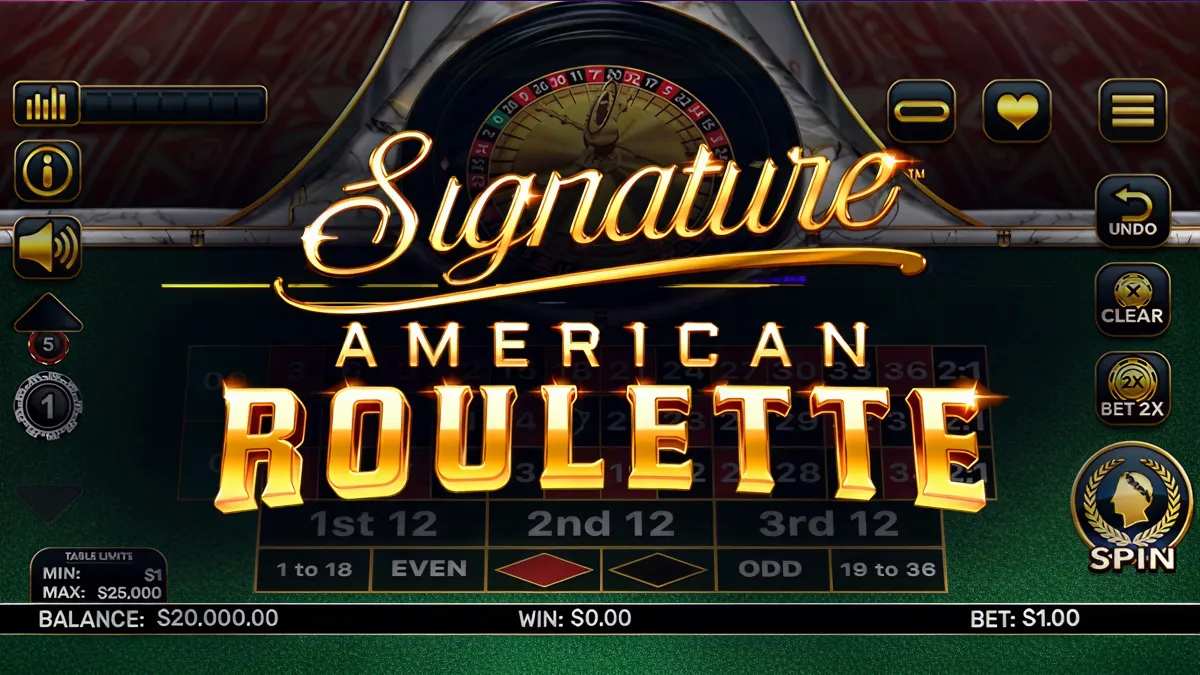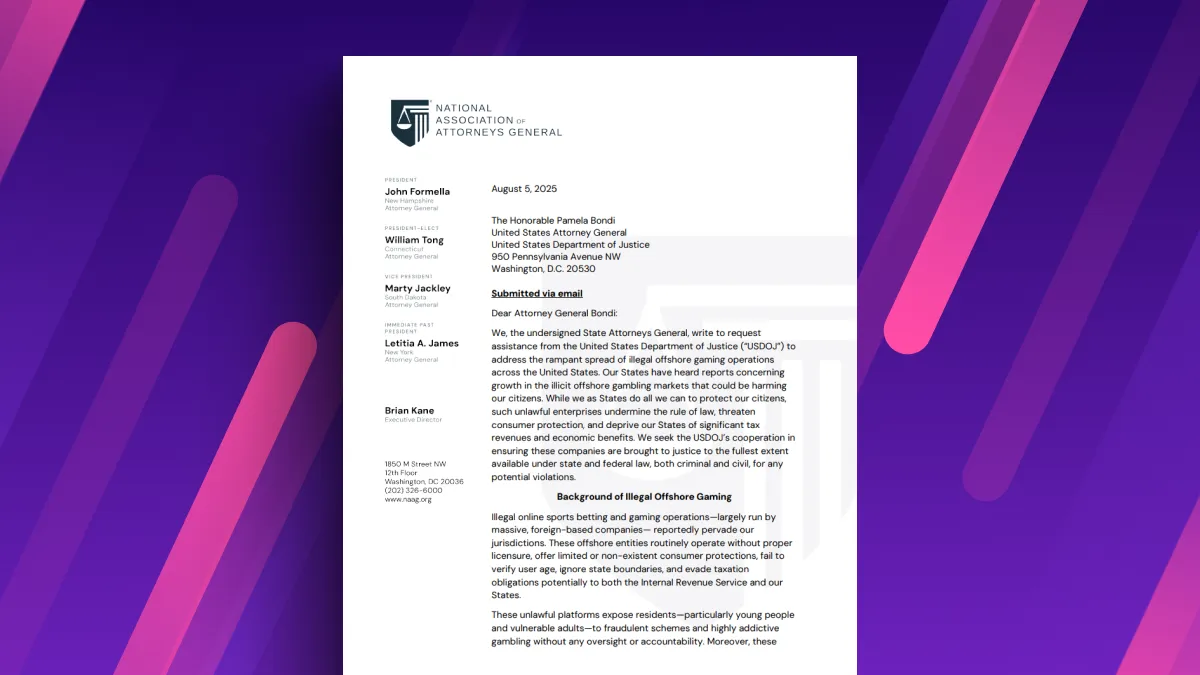NCPG Battles to Keep National 1-800-GAMBLER Hotline Active
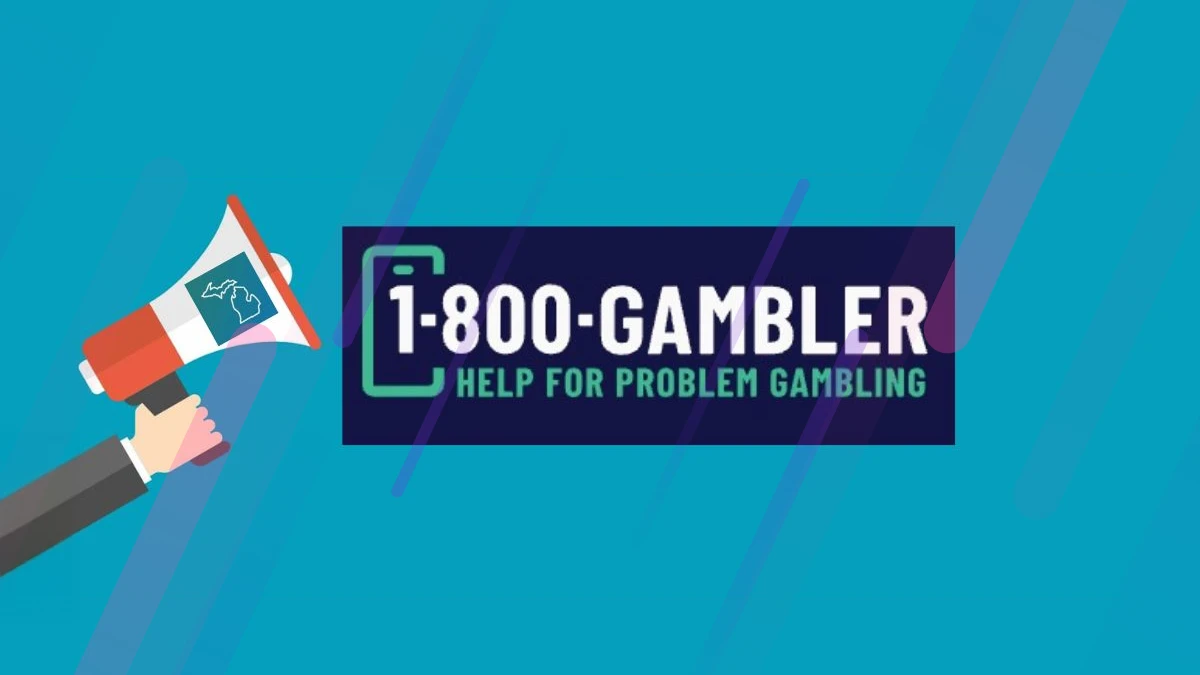
1.0
Default
The National Council on Problem Gambling has a dispute with the Council on Compulsive Gambling of New Jersey over the national helpline number, 1-800-GAMBLER. This is because while the NCPG is in charge of running the hotline, they actually license the number from the New Jersey council. Now they are in court, and the hotline number is under a temporary restraining order filed by the NCPG to keep it active.
A legal battle between the National Council on Problem Gambling and the Council on Compulsive Gambling of New Jersey has placed the future of the 1-800-GAMBLER hotline in jeopardy. The NCPG, however, has secured a temporary restraining order from a New Jersey court to keep the hotline active - for now.
The order was issued by the Mercer County Superior Court in response to a lawsuit filed by the NCPG, which contends that the helpline, used by thousands of people across the United States for gambling addiction support, could be taken offline due to the dispute. The court ruling mandates that the hotline remain fully operational until at least August 26, when both parties are scheduled to return to court.
Who controls 1-800-GAMBLER? A question of licensing and ownership
At the heart of the dispute is the ownership and control of the 1-800-GAMBLER phone number. While the NCPG operates the national portion of the hotline and promotes it as a central resource for gambling-related help, the trademark and routing rights to the number are actually held by CCGNJ.
According to court filings, the CCGNJ has registered the 1-800-GAMBLER number as a trademark and currently licenses it to the NCPG. Under a three-year licensing agreement signed in June 2022, the NCPG paid $150,000 annually for the right to use the number outside New Jersey. That agreement expired on May 31, 2025, but both parties agreed to a short extension through July 15 while they negotiated terms.
Dispute over renewal sparks legal action
The dispute erupted after the NCPG claimed it attempted to renew the license for another three years but received no meaningful response from CCGNJ. In its court complaint, the NCPG said it sought to initiate arbitration, as outlined in the original contract, but CCGNJ refused to engage. With the license expired and no new agreement in place, NCPG feared the helpline might be taken offline at midnight on July 15.
To prevent disruption in services, the NCPG filed a motion for a temporary restraining order to maintain the status quo. The court agreed, granting the order and effectively forcing CCGNJ to keep the number active until further hearings.
A national lifeline at risk
In its filings and public statements, the NCPG stressed the immense public health importance of keeping the 1-800-GAMBLER helpline accessible nationwide. The number serves as the primary gateway to gambling addiction treatment, counseling, and recovery resources across the US.
"NCPG is committed to delivering the operational and financial resources necessary to maintain the 1-800-GAMBLER network and avoid interruption of helpline access via call, text, and chat to mitigate further risk of gambling-related harm," said the Director of Communications for NCPG, Cait Huble.
She emphasized that even a brief interruption in service could endanger individuals in crisis and damage the trust that the public and healthcare providers have built around the helpline.
Awaiting August 26 court date
The restraining order will remain in effect until the 26th of August, when the two organizations will appear in court to further address the licensing dispute. However, under the terms of the court order, CCGNJ is permitted to challenge the ruling with just two days' notice.
While the NCPG has expressed a desire to resolve the issue amicably and avoid service disruption, CCGNJ has so far declined to comment on the situation. As the legal proceedings unfold, mental health professionals and advocates across the country are keeping a close eye on developments, fearing the potential fallout if the helpline goes dark.










